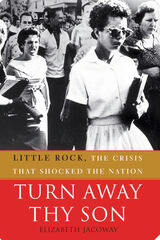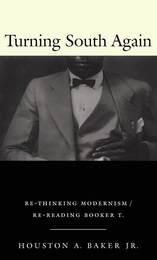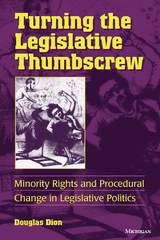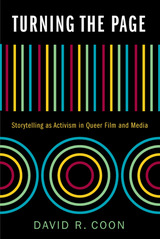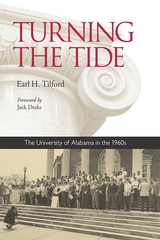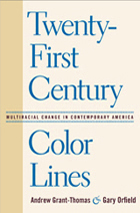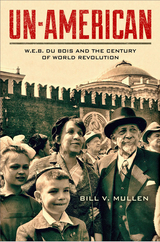Paper: 978-0-674-29607-7
A coy tease, enchantress, adulteress, irresponsible mother, hard-hearted wife—such are the possible images of Penelope that Homer playfully presents to listeners and readers of the Odyssey, and that his narration ultimately contradicts or fails to confirm. In this updated and expanded second edition of Regarding Penelope, Nancy Felson explores the relationship between Homer’s construction of Penelope and his more general approach to poetic production and reception.
Felson begins by considering Penelope as an object of male gazes (those of Telemachus, Odysseus, the suitors, and Agamemnon’s ghost) and as a subject acting from her own desire. Focusing on how the audience might try to predict Penelope’s fate when confronted with the different ways the male characters envision her, she develops the notion of “possible plots” as structures in the poem that initiate the plots Penelope actually plays out. She then argues that Homer’s manipulation of Penelope’s character maintains the narrative fluidity and the dynamics of the Odyssey and reveals how the oral performance of the poem teases and captivates its audience, just as Penelope and Odysseus entrap each other in their courtship dance. Homer, Felson further explains, exploits the similarities between the poetic and erotic domains, often using similar terminology to describe them.
See other books on: Ancient & Classical | Character | Poetics | Poetry | Second Edition
See other titles from Harvard University Press

